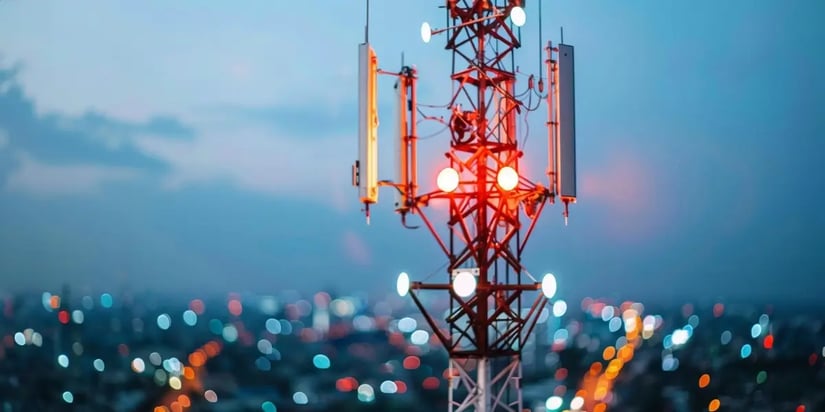Nokia and Fibertime have confirmed that they will extend fibre-to-the-home (FTTH) coverage to an additional 400,000 premises in South Africa’s underserved townships, marking a significant step towards improving broadband access in these areas. The companies made the announcement on October 6, 2025. This new phase of the rollout will rely on Nokia’s advanced Lightspan access nodes, Wi-Fi 6 fibre access points, and the 7750 Wireless Access Gateway to create a seamless connectivity experience. These technologies work together to deliver a single SSID (Service Set Identifier), allowing subscribers to move freely throughout a township without experiencing any interruption to their internet connection.
One of the key innovations of this initiative is the use of Nokia’s ONT Easy Start platform for activation, which automates the provisioning of modems and eliminates the need for technician visits. This feature is designed to simplify the setup process and make broadband access more efficient, particularly for customers in areas where traditional technician visits might be a logistical challenge.



To make broadband access more affordable and accessible, customers can purchase a prepaid voucher for just ZAR 5 per day. This voucher, available from spaza shops or banking apps, grants users 24 hours of uncapped internet data with no long-term contracts or debit order commitments. While Fibertime advertises speeds “up to 950 Mbps” in certain areas, their standard offering on the public tariff page lists the service as providing uncapped 100 Mbps for the same daily fee.
The 400,000-home expansion forms part of Fibertime’s larger goal to bring fibre connectivity to two million homes by 2028. This ambitious plan is aligned with South Africa’s broader efforts to address the digital divide. As of 2023, only 14.5% of South African households had fixed internet access, far below the national policy target of achieving universal broadband coverage by 2030, as set out in the South Africa Connect initiative.
This fibre rollout is also part of a wider trend across Africa, with similar projects aimed at improving internet access and reducing the high cost of data. Notable initiatives include Liquid Intelligent Technologies’ fibre expansions, MTN’s rural broadband pilots, and Google’s Equiano subsea cable. Collectively, these efforts are working to expand internet coverage across the continent, empowering communities and driving economic growth.
For Nokia, this partnership further solidifies its role as a leading enabler of broadband infrastructure in Africa. The company’s involvement underscores its growing footprint in both fixed access and IP automation solutions. For Fibertime, this collaboration provides a technological advantage that will allow it to scale operations more quickly, automate network management processes, and enhance the reliability of its services. Notably, Fibertime will leverage AI-powered tools such as the Altiplano Fiber Health Analyzer, which helps identify and resolve network issues before they can disrupt the service, ensuring a higher quality and more reliable customer experience.
